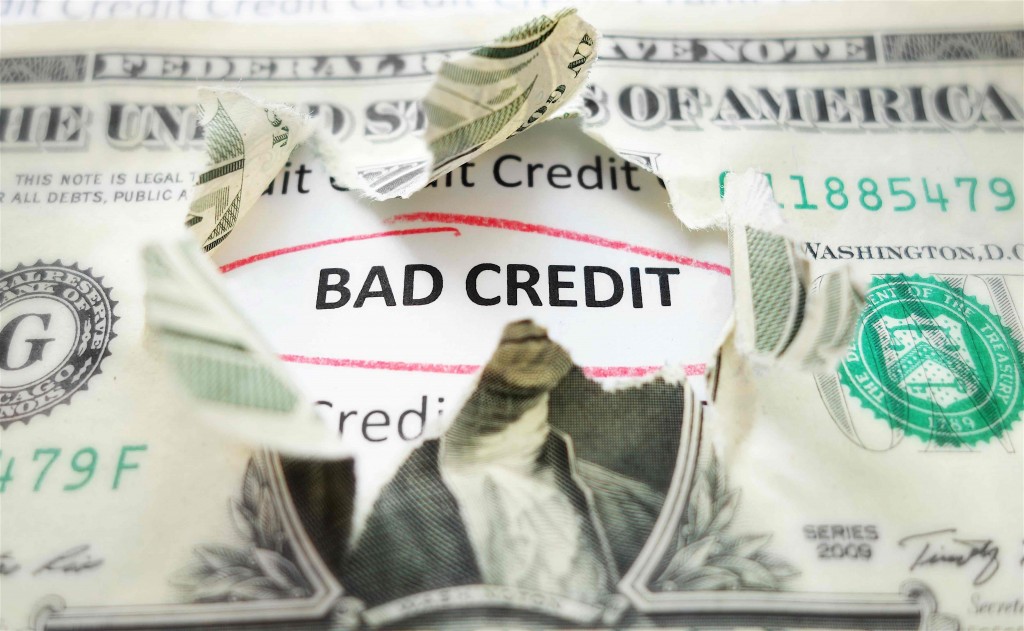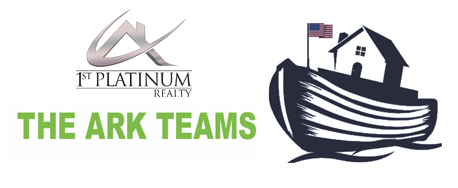-
Hard Money Lenders
-
Private Money Lenders
-
Wholesaling
-
Equity Partnerships
-
Home Equity
-
Option To Buy
-
Seller Financing
-
House Hacking
-
Government Loans
-
Microloans
There are many investment deals that transpire throughout the real estate market on a yearly basis. The majority is achieved through traditional lenders and institutions like banks, but some are accomplished through less traditional means. In most cases, it’s because the investor couldn’t raise the capital or didn’t have the credit score to do so.
It’s important to note that, while investing in real estate with no money down offers numerous benefits, not all cashless deals are worthwhile. In fact, investors equipped with a superb credit score will not only receive a wider array of options for working capital, but they’ll have more control of their financial obligations. It’s in your best interest as a real estate investor to ensure that score remains top-notch, as it will provide the best money saving outlet.
There are, however, situations where utilizing these options makes more sense. Consider the fact that cash buyers are viewed as more direct than conventional loan purchases when compared to traditional loans, which are slow to fulfill. With cash in hand, this strategy can provide an unprecedented upper-hand at the negotiation table.
For an investor with neither the credit score nor the financial capability to purchase a property through traditional means, it’s important to remember you still have options available. The following provides an understanding of the many ways you can invest in real estate with no money of your own:
Unlike private money, hard money lenders set forth fees in the form of points. Ranging from three to five, these points represent an added, upfront percentage fee based on the borrowed amount; this is on top of the interest rates hard money lenders charge, which range between 10 and 18 percent. Fees and interest rates are not universal with hard/private money lenders, so investors need to do their due diligence.
These loans, which bring speed and efficiency to every transaction, will typically cost investors somewhere in the neighborhood of six and 12 percent interest on the money borrowed. The most popular course of action when financing real estate deals with no money down is through the use of hard or private money lenders. These loans are not given from banks, but rather individuals and businesses aimed at financing investments for a return. In addition, these loans are generally comprised of their own set of criteria, which also include more fees and higher interest rates to deal with. When using these types of lenders, a good rule of thumb is to find homes that can be purchased for 50 cents on the dollar.
As the introductory course to real estate investment, wholesaling requires neither a high credit score or large sums of money down. Instead, it simply comes down to having the right numbers in place. Real estate wholesaling, at its core, consist of finding discounted properties, assigning the contract to a potential buyer and getting paid to do so.
Equity Partnerships
A very common path in real estate investment is through partnerships. What one investor lacks, the other can make up for — and many partnerships will entail one partner finding a distressed property at a discounted price, while the other one uses their credit score and working capital to finance it; just make sure everyone is bringing something to the table. For better investors, aspects such as goals, risk, roles, and return should always be discussed before creating any type of partnership.
An alternative option for investors with no upfront money is home equity. This can be a viable option since property values have gone up in recent months, meaning there could be more capital available than you think. For investors looking to capitalize on this route, there are generally two options: rewrite the first mortgage and do a cash-out refinance, or keep the first loan in place and add a home equity line of credit.
Option To Buy
Sometimes referred to as a “lease-option,” this method allows investors to acquire properties without initially taking legal ownership. However, the investor will sign a legal “option to buy” from the homeowner at a specific price in the future. In return, the investor rents the property out on a long-term basis with an agreement in place to purchase the property at a later date for a previously set amount.
Unlike traditional loans, seller financing works like this: the investor purchases the property from the homeowner/seller, rather than a bank, and the two sides sign an agreement that states an interest rate, repayment reschedule and consequences of default that both parties have agreed upon.
House hacking, as its name suggests, is a real estate strategy that awards savvy investors the ability to take advantage of a unique situation. More specifically, however, this particular exit strategy will witness investors earn rental income by renting out their primary residence. Those with multi-unit homes, for example, may choose to rent out the units they are not living in. That way, the rent generated may help pay for the mortgage, allowing the owner to potentially live mortgage-free. Those in single-family homes, on the other hand, may elect to rent bedrooms when they can. Either way, house hacking allows investors to simultaneously mitigate the risk of vacancies will building cash flow.
Government loans are perhaps the most well known of all the sources of funding made available to today’s investors. Here’s a list of the government loans you may already be familiar with:
-
FHA Loan
-
USDA Loan
-
VA Loan
-
Good Neighbor Next Door Program
-
Fannie Mae Or Freddie Mac
-
Energy-Efficient Mortgage (EEM)
-
FHA Section 203(k)
-
Native American Direct Loan
-
Local Grants & Programs
It is worth noting, however, that there are aspects of government loans that are not perfectly suited for rehabbing homes for a quick profit. VA Loans, for example, may only be applied to one home at a time. FHA Loans, on the other hand, tend to coincide with loan durations that are considerably longer than private and hard money lenders. What’s more, nearly all government loans can take months to receive approval, making them less attractive than just about every other option on this list.
Microloans
As the peer-to-peer economy continues to shape the way real estate investors do business, microloans will remain a viable option. Issued by individuals, as opposed to banks and credit unions, microloans are yet another branch of peer-to-peer lending making it possible for people to invest in real estate. It is entirely possible for microloans to be issued by a single lender or aggregated across a number of investors, each of whom is expected to contribute a portion of the total amount the borrower needs.

Can You Invest In Real Estate With Bad Credit?
No cash or credit? No problem.
For beginners seeking how to invest in real estate with no money down and bad credit, the first step is understanding your credit score. This number, which is essentially a statistical method for lenders to determine the probability of you paying back the money borrowed, is a critical component when acquiring financing for real estate. Quality scores equal better mortgage rates, which results in long-term savings, and ultimately ends up benefiting you — the investor.
Credit scores are almost always based on a scoring model, with the most popular model being FICO. These scores range from 300 to 850 and ultimately determine a person’s creditworthiness. It looks somewhat like this:
-
Bad Credit: 300 – 600
-
Poor Credit: 600 – 649
-
Fair Credit: 650 – 699
-
Good Credit: 700 – 749
-
Excellent Credit: 750 – 850
Although each credit agency will have its own evaluation systems, which are based on different factors, the most common credit score calculations are based on five major factors:
-
Payment History = 35 percent
-
Outstanding Balances = 30 percent
-
Length of Credit History = 15 percent
-
Types of Accounts = 10 percent
-
Credit Inquiries = 10 percent
The first step is knowing what your credit score is, and understanding how it impacts your investment strategy moving forward. Depending on what your score is, you may qualify for a traditional loan and be eligible to secure down payment assistance. Comprehending where you stand in the financial realm of credit will only enhance your real estate investment strategies, as well as your financing options. Learning how to invest in real estate with no money down is important as an investor, but it’s not always your only option.
Summary
Do you know how to invest in real estate with no money out of your own pocket? Now that you do, are there more opportunities you would like to pursue? Since it is possible to buy real estate with no money of your own, what will you do next? Let us know how these financing options have shaped your investing career in the comments below.

The ARK TEAMS
Let’s talk about your real estate plans, please contact us to set an appointment!
We look forward to working with you! And please remember -- We love referrals.
Phone: (714) . 855 . 9292
E-mail: arkteams4u@gmail.com
Website: www.arkteams.com
Our Address 1 : 25950 Acero Suite 100, Mission Viejo, CA 92691
Address 2 : 24851 Del Prado, Dana Point, CA 92629


